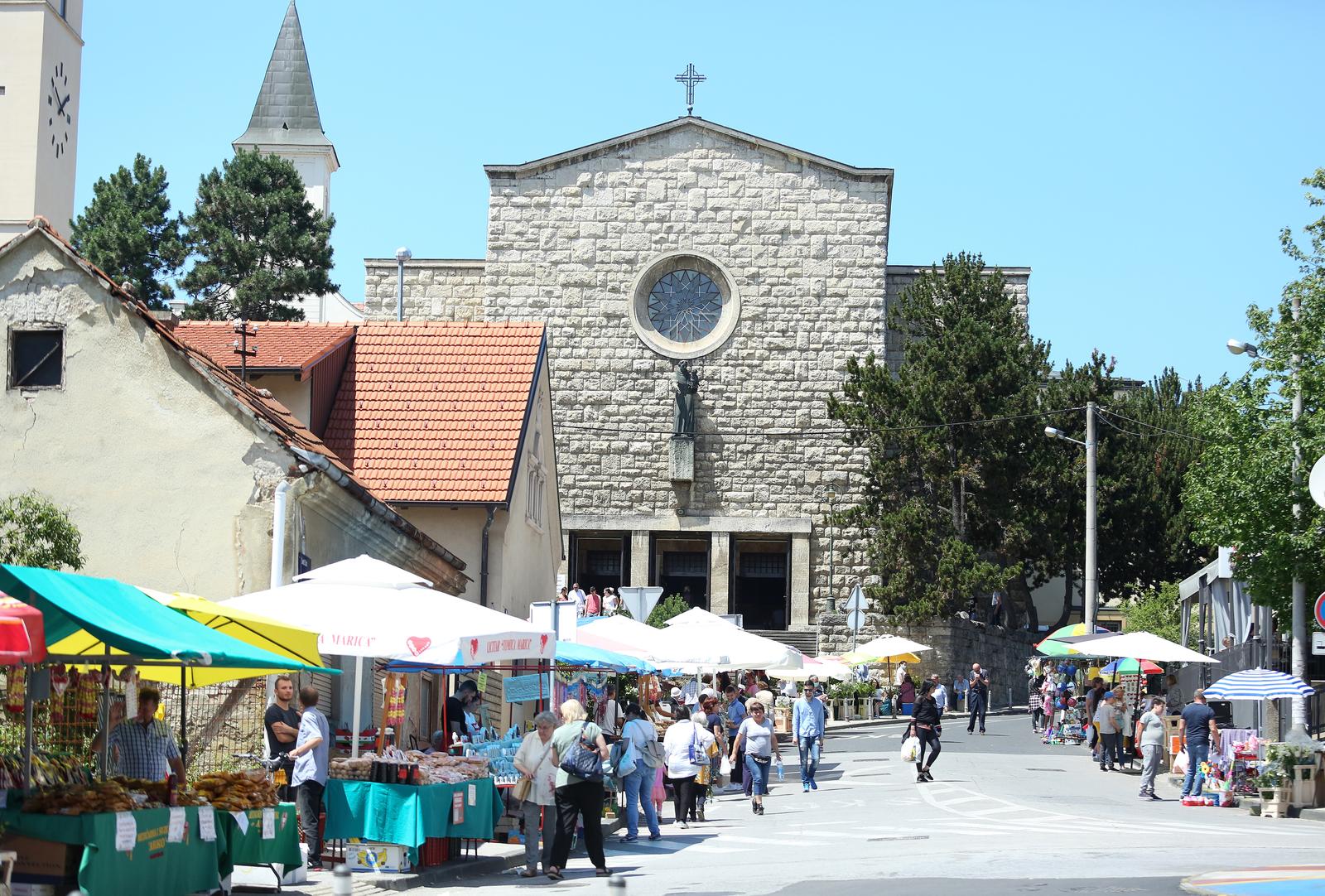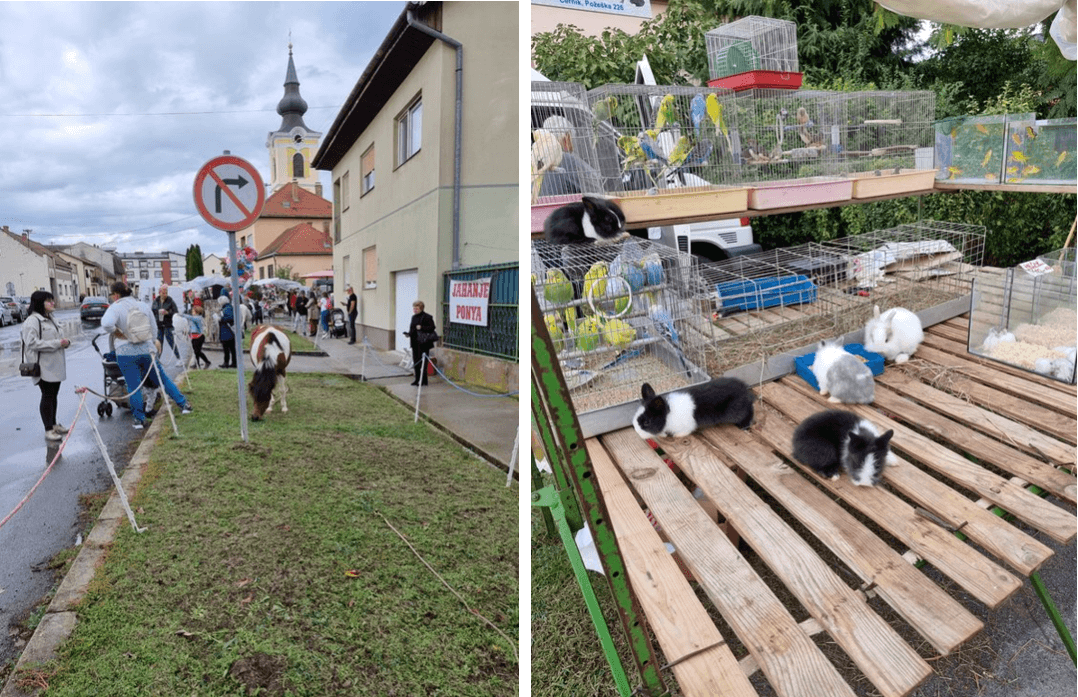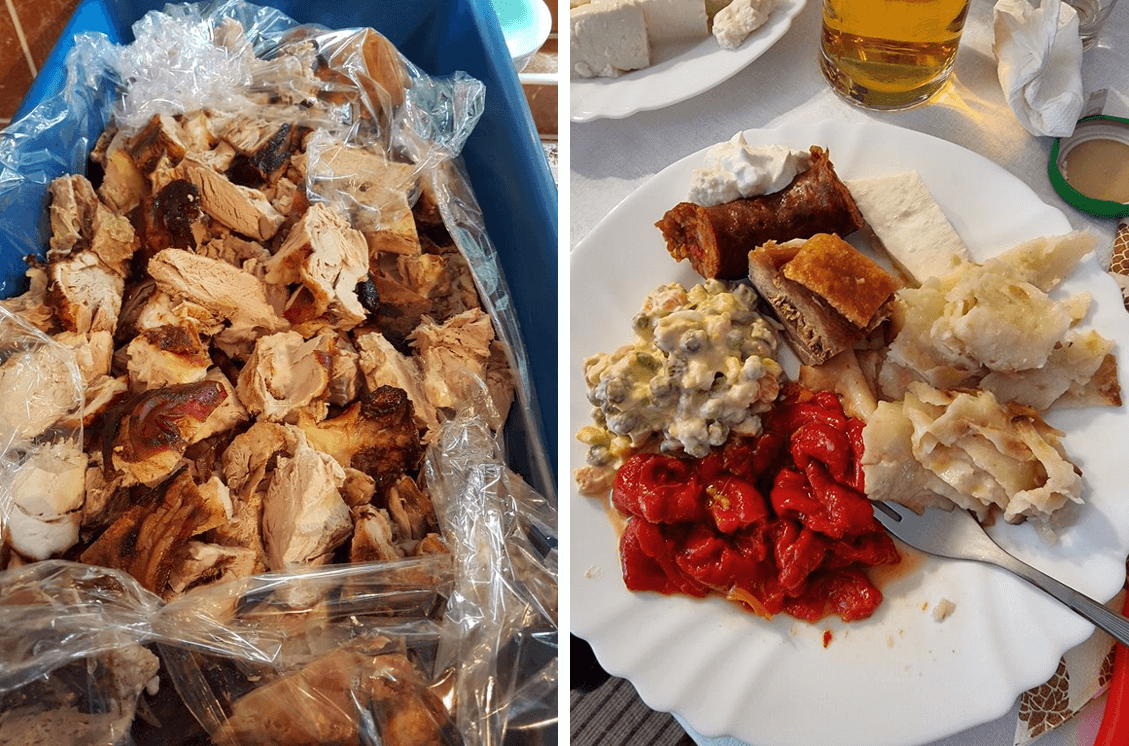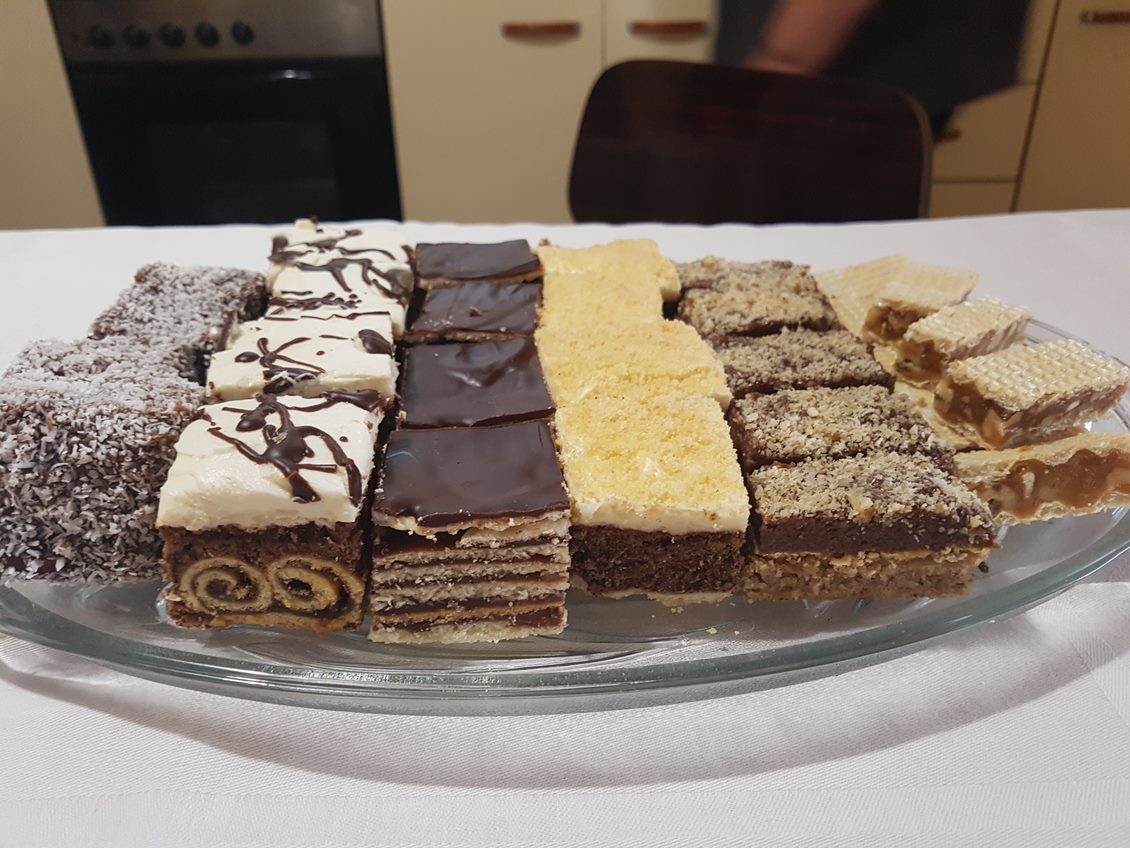Cro Traditions: Crkveni God, aka Kirbaj, Kirvaj - Patron Saint Celebration
September 29, 2022 - The majority of Croatian people are Catholics. Naturally, their daily lives are influenced by their religion, and so are their traditions. Even though the numbers are changing, as well as the way religion is practiced, some traditions remain and are rarely ever questioned. In Slavonija, one of them is kirbaj, or kirvaj, officially known as Crkveni God. The colloquial expressions came from German "Kirchweih," the dedication of a church from 19th-century German tradition; the day is a celebration of the patron saint of the local church. Villages usually only have one church, but there could be multiple kirbajs throughout the year in cities. It is in the smaller communities, though, where it all shines and where it makes the list of the top 5 days of the year.

Emica Elvedji / PIXSELL
September 29 is the day of St Michael, the patron saint of grocers, paramedics, mariners, paratroopers, police officers, and military personnel. He is celebrated in many places in eastern Croatia. We went to Donji Miholjac, where even rain did not ruin the festive atmosphere. For the religious part of the holiday, everyone goes to church and expresses gratitude to their patron saint, and there is usually a procession through the village. This is an opportunity to spruce up the place and make it look presentable, pretty, and inviting to all visitors. This is especially amusing to children because the streets are never as shiny, colourful, and fun like on kirbaj. The little ones will save money to buy toys, candy, balloons, rides, or even pets at one of the little stalls covering the whole stretch of the main streets.

At home, the preparations for the big day sometimes begin months in advance. Just like the village shows off for the procession and the visitors, the hosts want to do the same. Socially, kirbaj is an excellent opportunity to bring your family and friends together. Houses need to be clean and tidy, and the atmosphere warm and welcoming. Traditionally, alongside making the house spotless, even the walls would be freshly painted for the day. After all that is done, the hosts will spend days preparing the food. Chicken broth is usually served first, followed by sarma or stuffed peppers (depending on the season), before the chicken mentioned above with cooked vegetables and tomato sauce. Then it’s time for the mains. Roasted pig or lamb is usually the star of the table, accompanied by homemade mlinci (a type of pasta that is cooked and flavoured with some of that delicious fat from the roast) and a variety of salads that are really other side dishes. Usually, that is the French (aka Russian) salad, potato salad, and coleslaw.

Of course, there is always dessert, a tray full of cakes and biscuits of all kinds. And the last course is coffee. Jokingly known as “potjeruša” – Croatian for “please go home now,” coffee is actually served as the much-needed help for your digestion. Whether you want to go home depends on the age and responsibility group you belong to.
If you stay long enough, you will probably have some more food and slowly transition onto a liquid diet. A little bit buzzed, you might find yourself on your way to the village pub or a venue expressly set up for the kirbaj after-party. What happens there needs to be enough for the village to have something to talk about until next year’s kirbaj.

Very important to note: you might not receive any invitations for kirbaj. Traditionally, you are expected to know when it is and simply show up. In turn, family and friends will also show up at your door on the day of your local kirbaj.
For more, make sure to check out our dedicated Lifestyle section.


